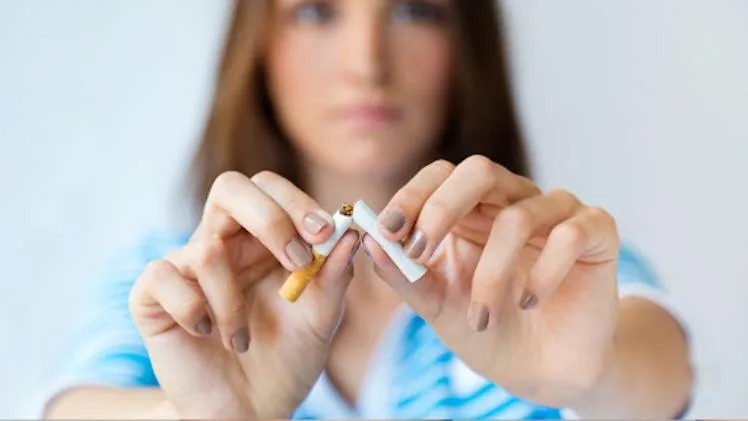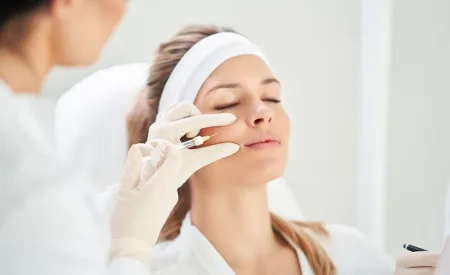Smoking, consider a lifestyle choice, has long been acknowledged as a detrimental habit. Countless medical studies unequivocally affirm its detrimental impact on overall health, which is why cigarette packages carry warning images. However, when contemplating plastic or cosmetic surgery, the detrimental effects of smoking become even more pronounced. As your body goes through physical trauma, it necessitates optimal resources for healing and repair. Chemicals present in cigarette smoke threaten this crucial process, leading to severe complications and compromising the desired results of the cosmetic surgery procedure.
Reasons to Quit Smoking
Numerous research studies highlight the risk of serious complications during and after surgery. Quitting smoking holds paramount significance in ensuring optimal surgical outcomes. For the greatest benefit, you should aim to quit smoking at least eight weeks prior to surgery. Quitting completely is the only way to stop the damage done by cigarettes. The longer you stop smoking, the better your recovery journey will be.
Here are some other important reasons why you should quit smoking before surgery:
Impaired Wound Healing
Smoking is known to impede the body’s natural healing process, and this can have a significant impact on the outcome of your plastic surgery. Nicotine, the addictive component of cigarettes, constricts blood vessels, reducing blood flow to the surgical site. As a result, the tissues in the affected area may not receive an adequate supply of oxygen and nutrients required for optimal healing. This compromised blood flow can lead to delayed wound healing, an increased risk of infection, and potentially undesirable scarring.
Adverse Effects on Anaesthesia
Anaesthesia is a crucial component of any surgical procedure, whether it’s a tummy tuck or a facelift. Smoking can interfere with the body’s response to anaesthesia, making the process more challenging for the anesthesiologist. Sometimes, smokers may require higher doses of anaesthesia, leading to a greater risk of potential complications, such as damage to their lungs and respiratory system. Quitting smoking before surgery can help ensure that the anaesthesia is administered more smoothly while making it easier for your body to tolerate it.
Diminished Aesthetic Results
Beyond the health complications, smoking can also interfere with the aesthetic results of your plastic surgery. Plastic surgeons meticulously sculpt and refine the tissues to achieve the desired outcome, but smoking can compromise the blood supply to the operated area, potentially leading to tissue necrosis. This may result in skin discoloration, uneven texture, down-regulated collagen synthesis, and impaired contour. Ultimately, it diminishes the overall aesthetic appearance you hoped to achieve.
Prolonged Recovery Period
Patients who continue to smoke after plastic surgery are likely to experience a prolonged and challenging recovery period. Smoking hinders the body’s ability to heal efficiently, leading to prolonged swelling, increased pain, and extended downtime. A longer recovery period can disrupt your daily life and hinder your ability to resume normal activities promptly.
Medication Requirements May Be Higher
Tobacco, nicotine, and cannabis are substances that reduce the impact of other drugs and prescribed medications, including pain relief and antibiotics. As a result, smokers may require higher doses of anaesthesia, pain medication, and other drugs to maintain a sense of balance in their system.
Final Word
The decision to quit smoking before undergoing plastic surgery is one that should not be taken lightly. The adverse effects of smoking on wound healing, anaesthesia, and skin aesthetics can jeopardise the outcomes of even the most skilfully performed surgical procedures. Keeping yourself free from nicotine addiction will not only reduce the risks of complications but also embrace a healthier lifestyle.



